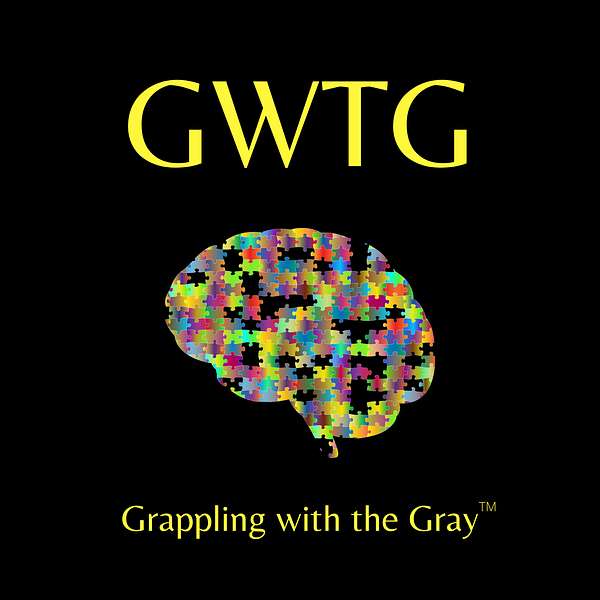
Grappling with the Gray
Are you ethical? Join Rabbi Yonason Goldson and his panel of thinkers as they grapple with a new ethical challenge each week. Only by contemplating all sides and every angle can we improve ethical decision-making, build more trusting relationships, and help create a more ethical world.
Grappling with the Gray
Archive Episode #17: When truth isn't good enough?
Should we expect objective truth in art, or does creative license allow ignoring facts in order to tell a more compelling story?
Few things in life are black and white. That’s why we have to learn to Grapple with the Gray.
This episode's ethics challenge:
Popular movies are often introduced with the message, “Based on true events,” implying a reasonably accurate depiction of reality. We take it for granted that there may be a bit of poetic license, but we probably expect that the basic facts of the story will be authentically represented.
But that’s not always the case.
The movie Remember the Titans is about Herman Boone, a black football coach in the deep south in the 1970s. In the movie, his team was the only racially integrated team in the conference. In reality, all the teams were integrated by then.
In the movie Cinderella Man, boxing champion James Braddock goes into the ring against Max Baer, who had killed another boxer in a previous fight. The movie portrays Baer as a vicious killer. In reality, he was horrified by his opponent's death and had to be convinced not to retire from boxing.
In the movie Argo, the final scene shows Iranian security officials chasing the American plane down the tarmac as it carries the American escapees to safety. The scene was a Hollywood fabrication.
What about historical fiction in general: does it bring history to life or does it blur the lines between fact and fiction?
It’s been said that you shouldn’t let the facts get in the way of a good story. What responsibility do storytellers have to be truthful? When do we cross the line from poetic license into the realm of fantasy or deception? What are the effects on society when the truth isn’t good enough to keep an audience engaged?
Meet this week’s panelists:
Sarah Elkins is a communication and leadership coach, using the power of storytelling to connect, engage, and inspire.
Mark O'Brien is founder and principal of O’Brien Communications Group, helping Companies Manage Their Brands, Solve Their Problems, and Simplify the Complex.
Matthew Rosenberg teaches communication, argumentation, and critical discourse at Oregon State University.